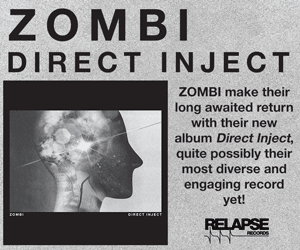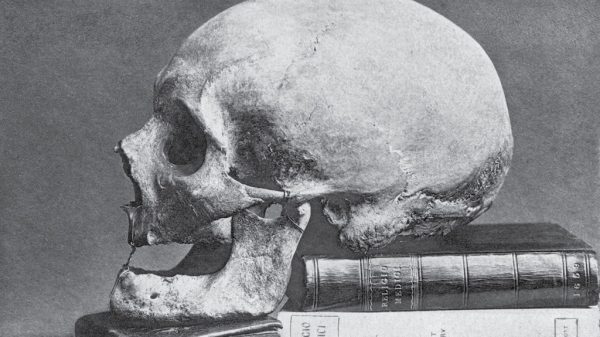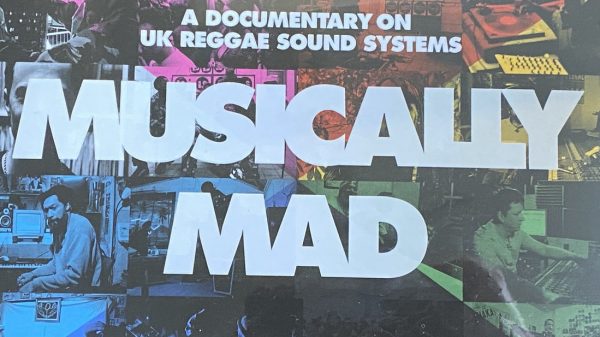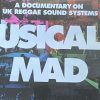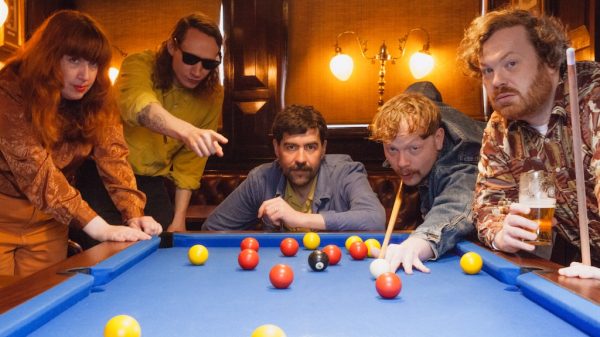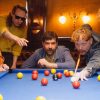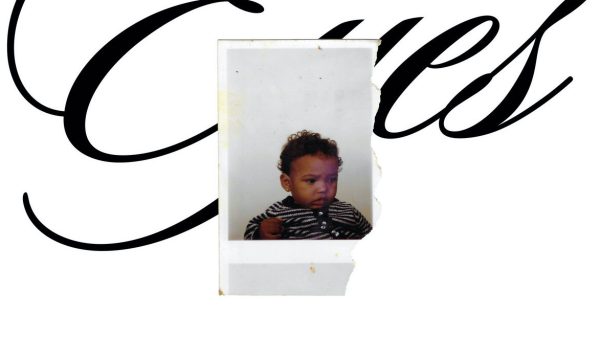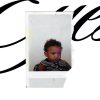Dub is the foundation of almost all dance music and all dance music has a foundation that can be traced back to people of African descent! Not only that, there would be no Punk Rock, Post Punk, Techno, or Hip Hop without Dub and Roots music. In the 90s, Jungle was born in the Black communities of Britain and once I heard this sonic art form for myself I became a fan instantly. I wanted to turn my whole crew on to the vibes — from Brooklyn to Oakland to LA to JA I championed the sounds of the jungle. In Britain not only were the Jungle raves off the chain, but this scene had a major impact on street fashion as well. Today I want to celebrate all Junglists from the past to the present to the future!
It’s 1994 in Peckham, London. You’re in the club, ’ed’s spinning, drink’s been spilt, a fight’s just broken out – and the weekend’s barely begun.
Twenty-six years ago, photographer Eddie Otchere and writer Andrew Green released their seminal novel, Junglist – under pen names James T. Kirk and Two Fingas – a quick-talking, coming-of-age cocktail tracing the highs and lows of four young Black men in mid-90s London.
Set during the Jungle music explosion in the summer of ’94, the stream-of-consciousness prose is darkly funny, poetic and pulsating, laced with Jamaican patois, shattering basslines and an authentic telling of inner-city life. Now, it’s being republished for the first time.
“I think the real motivation behind it was the fact that, on Amazon, the price of the book went up to like £247,” Otchere says over Zoom, before cutting out.
“Last time I looked on Amazon, there was a copy of the original, the first printing of it, selling for £2.5k or something,” Green adds.
“Once you’re in that universe, you’re in the realm of a cult classic – obviously they kind of wanted to cash in on it,” Otchere says after his connection fixes up.
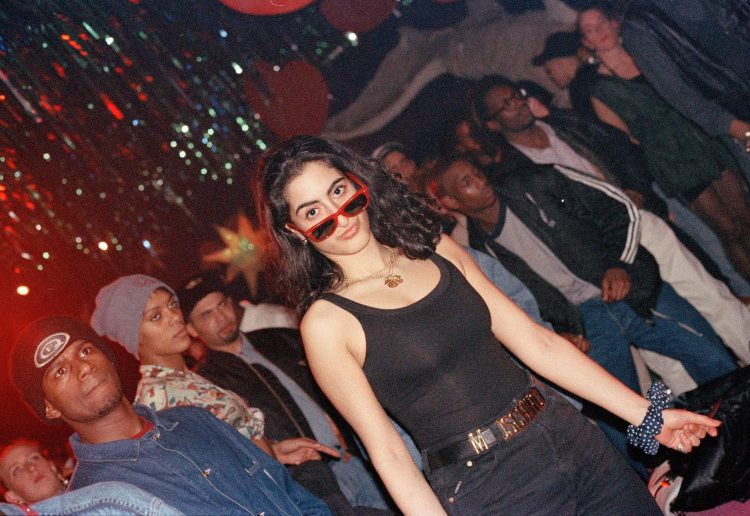
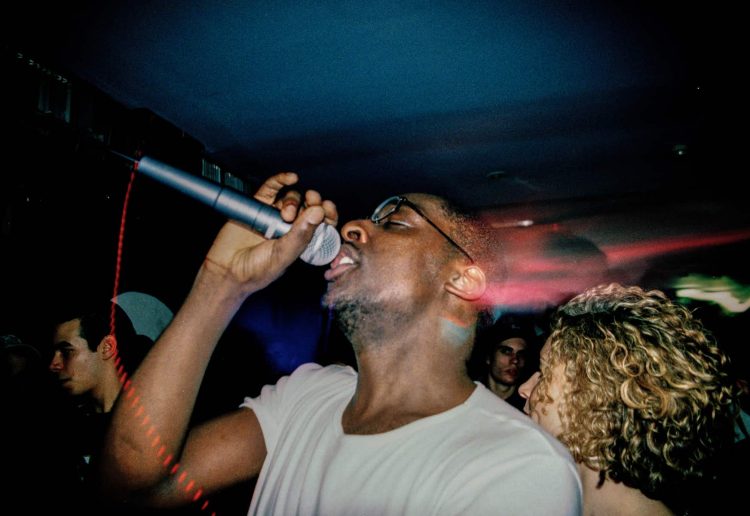



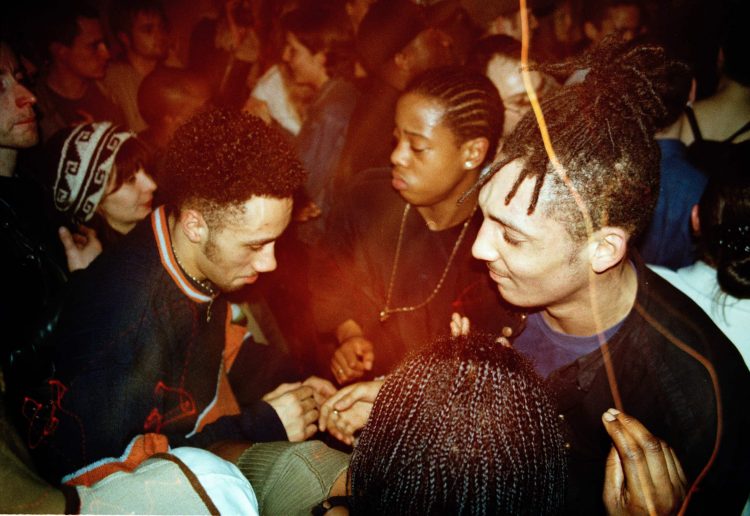
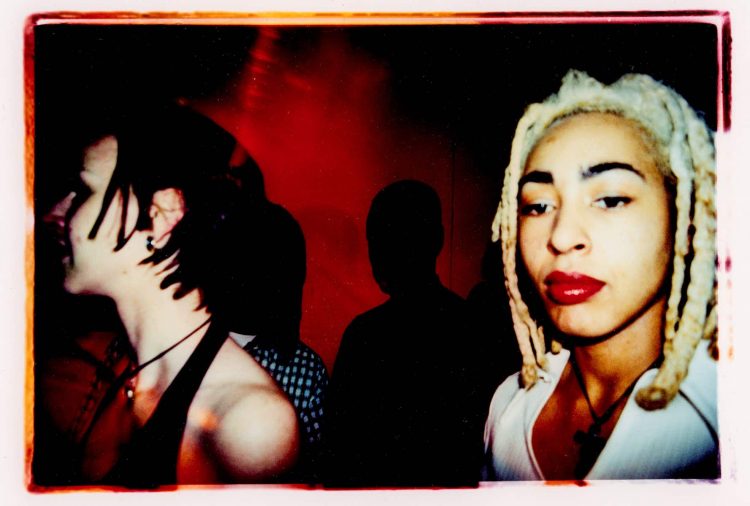
At the time of its original release, London was a divided city. White ravers were sweating in the city’s surrounding fields during the acid house reign of the late ’80s and early ’90s, while the city’s Black youth were partying to breakbeat and hip-hop in underground clubs in Hackney, Peckham and Brixton. Racism was rife, with the police force targeting young Black people, and the country was a mess politically, following Thatcher’s long, long reign. There was mass unemployment, a housing crisis and a dark recession.
But like great music movements in previous decades, a cultural shift was bubbling from the strife. Developing out of the rave and sound system culture of the ’90s, Jungle was born, characterised by heady breakbeats, synth effects, soulful melodies and deep basslines. Read the full feature HERE!
Thomas Gorton: What do you think attracted you and so many other kids in London to jungle at that time?
Eddie Otchere: I think it was that industrial sound, something that’s a bit more closer to our urban experience and slightly more techie, more twitchy. I didn’t go to a church where they had really nice music. I just heard sirens and Concorde flying over my head and it felt like it mirrored that industrial experience.
TG: It’s unusual to co-author fiction. It happens, but it’s still unusual. I’m interested in the process – how did Junglist come together?
EO: Myself and Andrew had already been working together, writing the junglist column for Touch. We’d tag team together a lot – I’d take pictures, he’d shoot. But ultimately, we were sitting there conceiving stories.
And so when the commission for Junglist came through, I went to a book publisher, sold some pictures and insisted I could write a book. I knew from that moment, walking out the publisher’s house calling Andrew going, “right, we’ve got a book to do, the contracts will be coming over in a minute, can you deliver a few thousand words by the end of next week?” … I knew he could because Andrew is incessantly writing. My job was essentially just to be an editor and piece it together, either make it make sense or not make sense. We turned our weaknesses into a strength in the fact that neither one of us had studied grammar at all, we felt that grammar was an authoritarian sort of system there to oppress our language. So we didn’t learn that shit. So ultimately we were free in how we wrote or how we approached things.
Andrew wrote the bulk of it, I wrote in intersected pieces, that sort of drifted off and allowed space in it. My ultimate influence at that point would have been the poetry of Sun Ra. That’s the thing that drove me to write.
From my perspective I could write more poetry and just freeform – get high and write. With instrumental music, particularly, once your mind gets in it and it sinks into the groove, you naturally start putting words to it, start picking up on the colour vibrations, or the vibes of it. When I started writing, I used to see streams of consciousness opening up in my mind, and then you’d get home that night and just hammer it out on a keyboard.
It’s very much a case of the two of us experiencing the same things in different ways. Much of the stories you see in there, we were both in those buildings at the same time. The people that we’re talking about are mutual friends of ours, and the stories of how we used to rave back then, and our mums’ cars and conversations in kitchens. We were there to just structure it together within this context of going out, trying to find the next rave and not looking to pay, because you want to be on the guestlist.

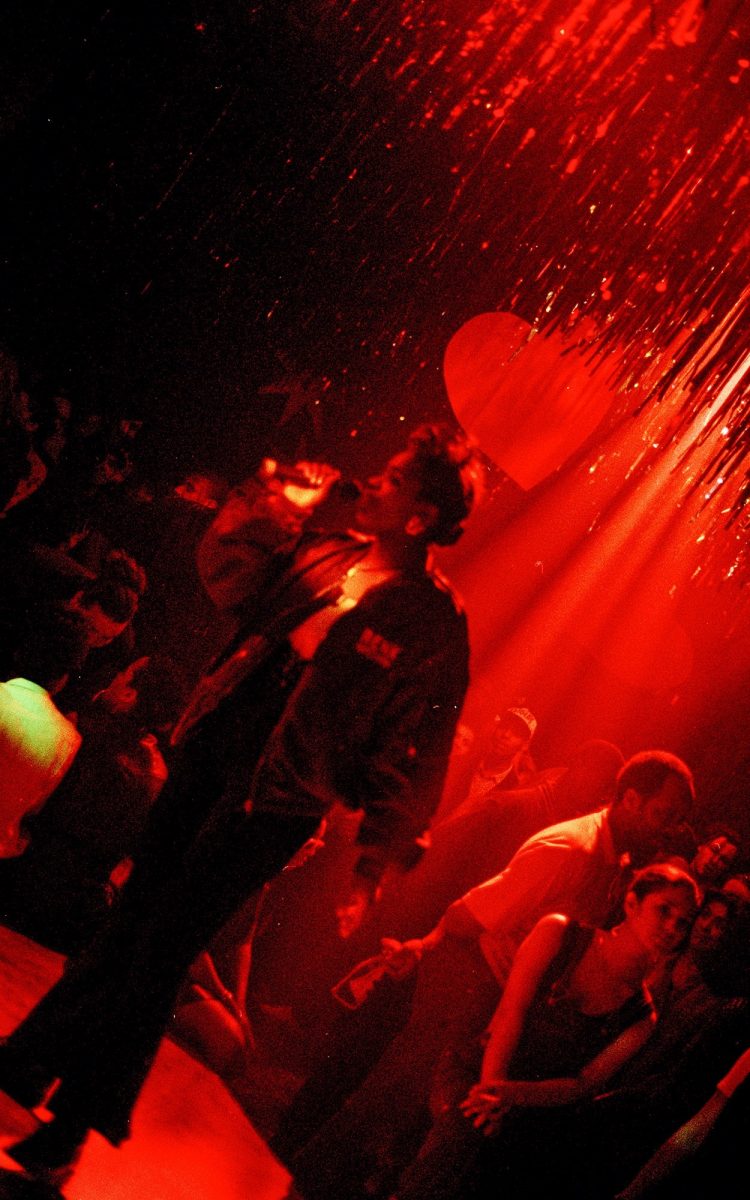
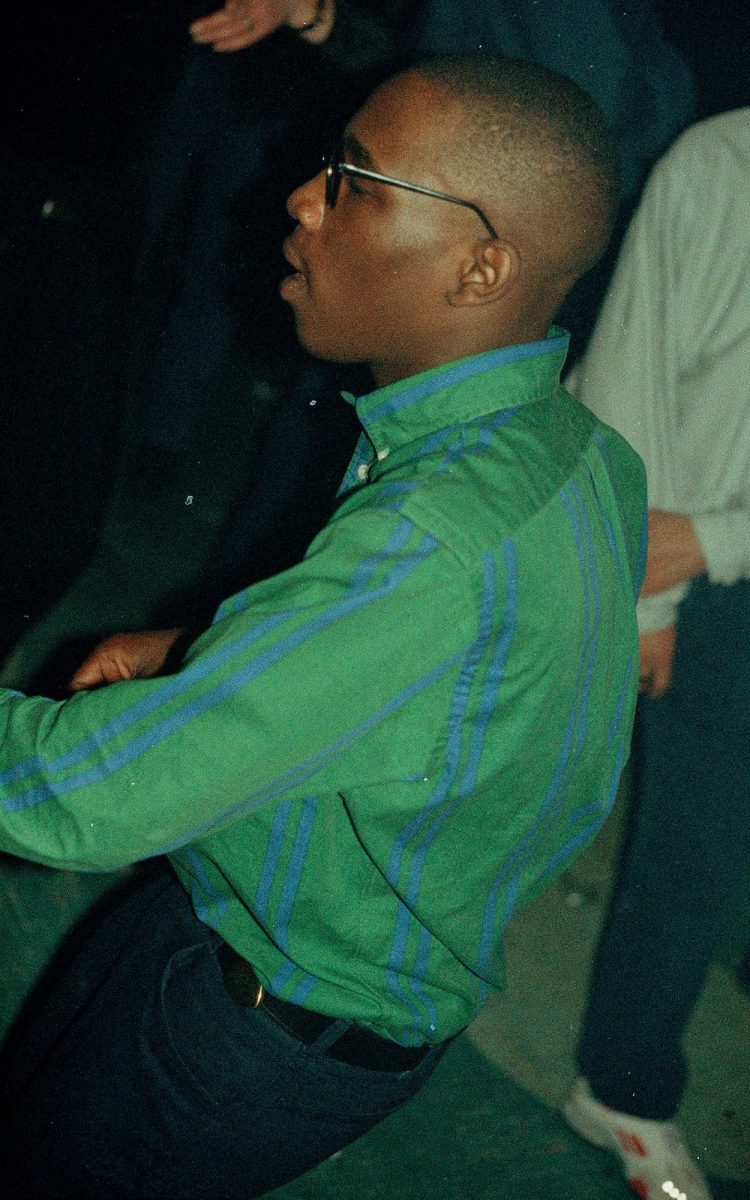
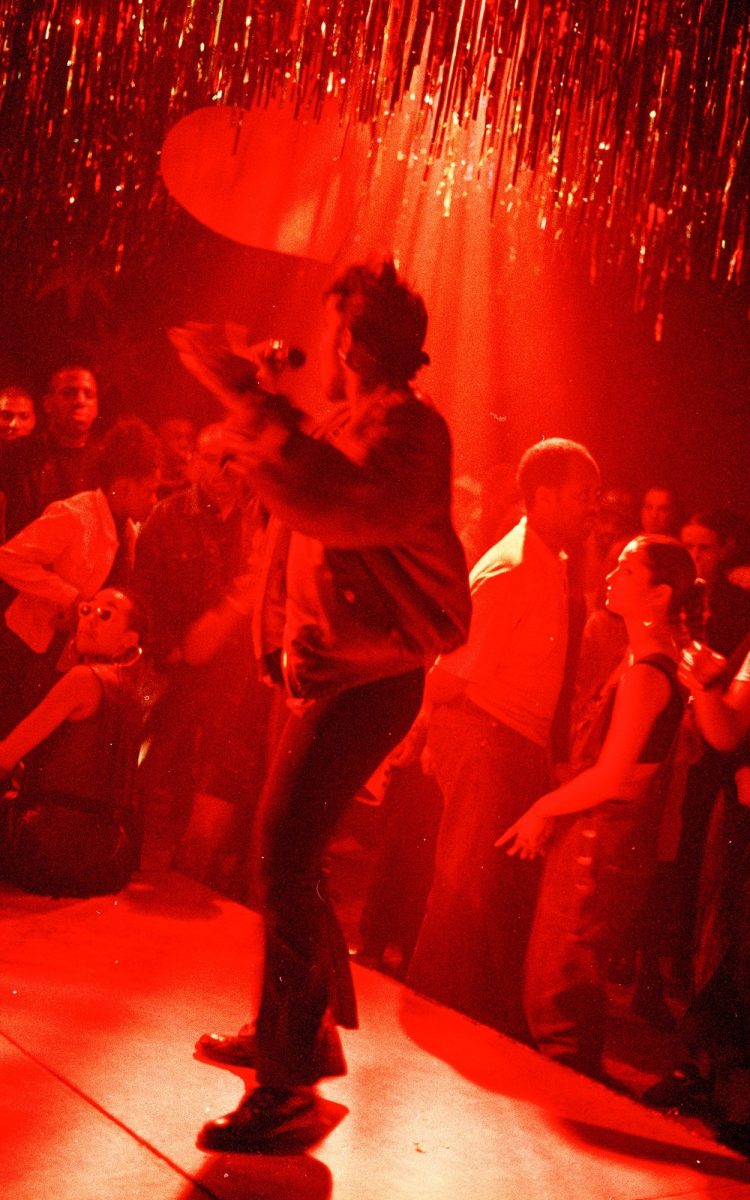
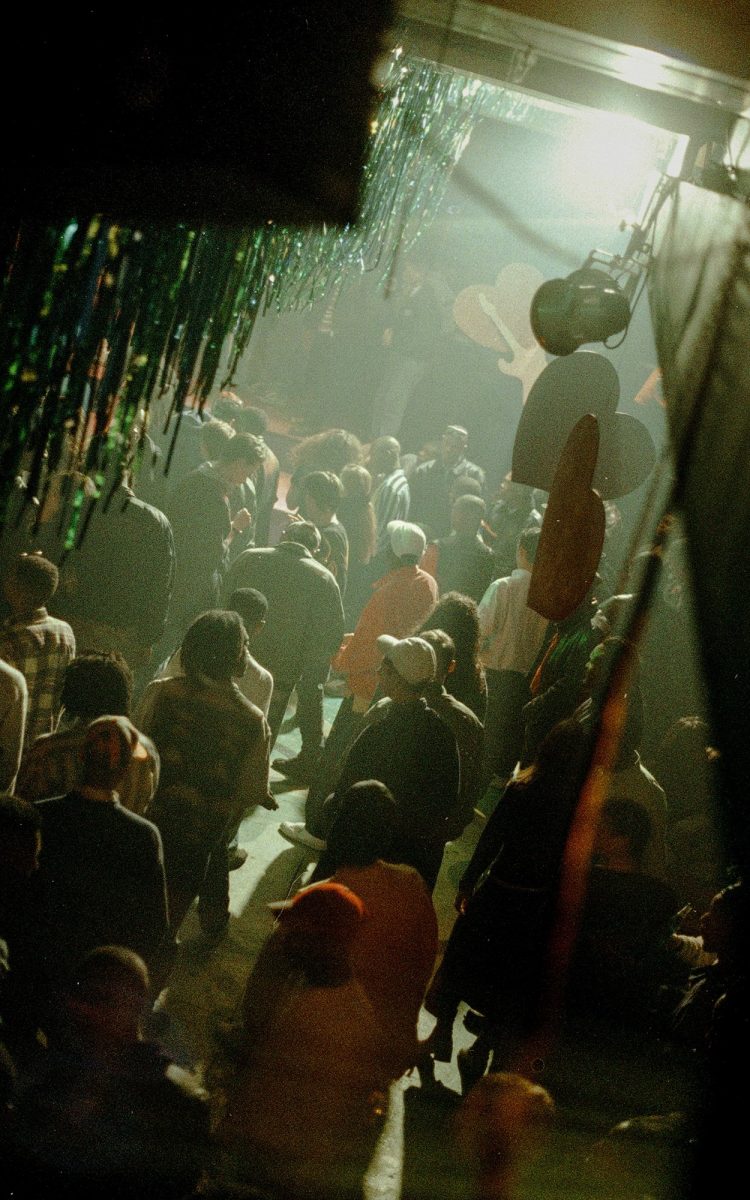

TG: Even though it took off in the 90s, jungle still sounds futuristic and cyberpunk to me …
EO: I still hear jungle in so much post-jungle music – it’s in dubstep, garage, proper drum and bass. It’s a lovely thing to hear when it pours out of the studios, because you remember the relationships we had – the radio stations, the dubplates, the cutting houses, following certain DJs on certain nights, just to hear the new sounds live in that future. If I find the right stream, I can tap into something new that’s coming from a different group of kids today.
In the book you can see where our influences come from. It’s as much about Star Trek as it is about raving and hip hop, with the characters called Q, who is a character from Star Trek Next Generation, and an author called James T Kirk, which is from Captain Kirk. Full interview HERE!


